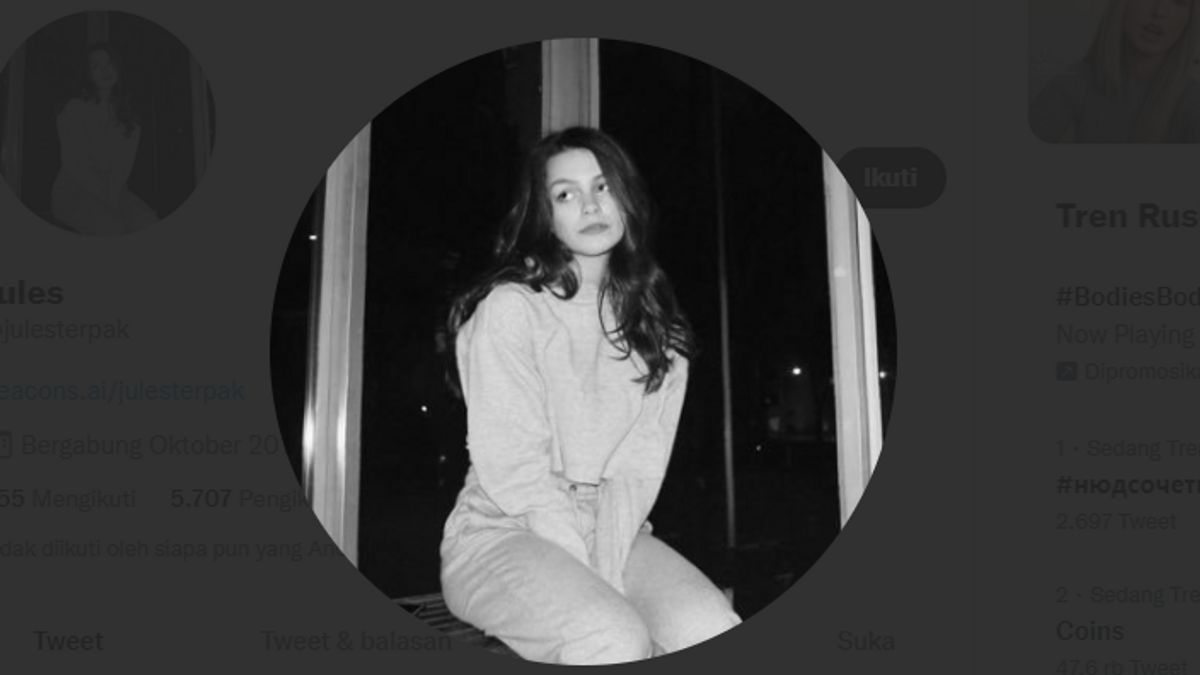JAKARTA - Gen Z's internet usage is now increasing. But the rate of use of Facebook by teenagers is declining rapidly. This is known from a Pew Research Center study on teens, technology, and social media which found that only 32% of teens aged 13-17 only use Facebook at all. But in a previous survey from 2014-2015, that figure was 71%. It even beats platforms like Instagram and Snapchat.
Jules Terpak, a Gen Z content creator who covers digital culture, told TechCrunch that teens are no longer finding value on Facebook.
“There are now more than five social media platforms that are firmly positioned to scroll through endlessly, and it is unsustainable for our minds to group or prioritize our relationships with all of them,” Terpak said by email, to TechCrunch. "For the sake of time and sanity, people should eliminate platforms that are starting to lack 'value-added incentives."
Changes in the teen social media landscape since 2014-15 extend beyond TikTok's rise and Facebook's fall. Growing shares of teens say they are using Instagram and Snapchat since 2014-15, while Twitter and Tumblr saw decline. https://t.co/w53aSH5MgX pic.twitter.com/tHkW5vHl49
— Pew Research Center (@pewresearch) August 10, 2022
Terpak thinks that Facebook, which teens often associate with their parents, has little to offer Gen Z new.
“The culture instilled by the average Facebook user is very disconnected from what attracts Gen Z to the platform today, instead emitting the energy of spam emails,” he said.
Even in 2013, when 77% of online teens used Facebook, young users still felt negative about the platform.
“While Facebook is still very much integrated into teens' daily lives, it is sometimes seen as a utility and a liability, rather than an exciting new platform that teens can claim as their own,” says a Pew report from 2013.
In that nine-year study, Pew found that teens expressed more enthusiasm for other platforms. Even if they don't use it as much as Facebook. The trend remains constant, as a new generation of teens joins social media, they almost leave Facebook altogether.
Pew's new findings are also consistent with Facebook's own internal reporting, such as documents leaked by whistleblower Frances Haugen.
A Facebook researcher found in early 2021 that teen users on the Facebook app had declined 13% since 2019 and projected that the figure would continue to fall 45% over the next two years.
Overall, Facebook users remain somewhat stagnant, but this major demographic decline is bad news for Facebook's advertising business, which makes up a large portion of its revenue.
"Most young adults think of Facebook as a place for people in their 40s and 50s," says an internal 2021 Facebook document obtained by The Verge. “Young adults perceive content as boring, misleading, and negative.”
Instagram itself is not far behind TikTok
Even if teens get bored with Facebook, they don't give up on Instagram, another Meta platform. Sixty-two percent of teens use Instagram, up from 52% in the 2014-2015 survey. But TikTok, which wasn't even released at the time of the last study, is now used by 67% of teens in the US.
Ninety-five percent of teens say they use YouTube, which may make it seem like the dominant social platform — but many users interact with the platform just to watch videos, not as a place to connect with others online. For example, a teenager who uses YouTube to listen to music would fall into that 95%.
But since TikTok is slightly ahead of Instagram and Snapchat, which are used by 62% and 59% of American teens, respectively, it certainly makes sense why these older platforms are eager to emulate their newer competitors.
Pew also asked 1,316 teens surveyed about how often they use the app. But TikTok still gets a bigger share of teens' attention than any platform other than YouTube, which 19% of teens say they use "almost constantly."
TikTok, Instagram, and Snapchat get this "near constant attention" from 16%, 10%, and 15% of teens, respectively. Only 2% said this about Facebook.
This "near constant" recognition may seem alarming, but teens are aware that social media use may not always provide the social connections they expect.
Thirty-six percent of teens think they spend too much time on social media. In contrast, only 8% of teens say they feel they use social media less.
If you thought Gen Z was full of phone-addicted zombies, you might be wrong. Forty-five percent of teens said they would have no trouble letting go of social media.
The English, Chinese, Japanese, Arabic, and French versions are automatically generated by the AI. So there may still be inaccuracies in translating, please always see Indonesian as our main language. (system supported by DigitalSiber.id)








